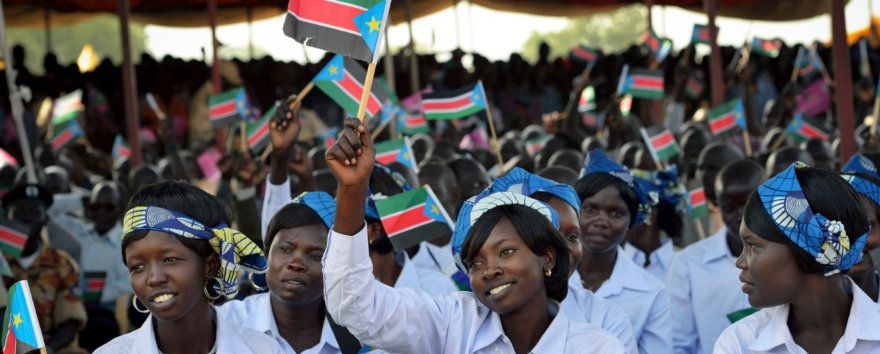South Sudan’s Ministry of Gender, Child and Social Welfare on Tuesday launched the Maputo Protocol, also known as the African Convention on Human and People’s Rights on the rights of women. This landmark event follows the signing of the protocol into law by President Salva Kiir.
Adopted by Heads of State and Government in Maputo, Mozambique on July 11, 2003, the Maputo Protocol stands as one of the world’s most comprehensive and progressive women’s human rights instruments.
Although South Sudan’s Parliament ratified the agreement in October 2017, reservations were expressed regarding certain provisions. These reservations included concerns about discouraging polygamy and imposing restrictions on sexual and reproductive health choices, such as the right to decide whether to have children, determining their number and spacing, as well as accessing contraceptives and safe abortion care.
After years of tireless advocacy by national and regional women’s rights groups, President Salva Kiir finally signed the instruments of ratification in March 2023. This pivotal move has been hailed by women activists as a groundbreaking legal instrument that will protect women’s rights in South Sudan.
During the launching function, Jemma Nunu Kumba, the Speaker of the Transitional National Legislative Assembly, emphasized the need for women to be prepared to face challenges arising from deeply ingrained cultural norms. Kumba acknowledged that not everyone in South Sudan holds the belief that men and women are equal. She cautioned, “As we launch this protocol, we should be aware that it will not be a smooth journey. Resistance will be encountered as we challenge cultural norms that have long been established. To reduce resistance, we must be prepared to communicate the importance of the protocol in a friendly and understanding manner.”
Speaker Jemma stressed the necessity of collaborative efforts between the government, international partners, and civil society organizations to effectively implement the protocol. Furthermore, she pledged the Transitional National Legislative Assembly’s commitment to disseminating the protocol to grassroots-level women, ensuring its localization and broader impact.
Ayaa Benjamin Warrile, the Minister of Gender, Child and Social Welfare, expressed that launching the protocol in South Sudan demonstrates the government and people’s dedication to safeguarding the rights of women and girls. Minister Ayaa affirmed, “The launch of the Maputo protocol signifies a substantial step forward in our ongoing efforts to create a just and inclusive society. It sends a powerful message that we prioritize and value the well-being of our women.”
Warrile added that the launch presents an opportunity for dialogue and experience-sharing with other member states. Her ministry has devised a roadmap to ensure the protocol’s effective implementation, even at the grassroots level.
Jackeline Chandru Drama, the Director of the Steward Women Organization, who recently received an award in Nairobi for her advocacy work in championing the ratification of the protocol in South Sudan, highlighted the long journey and struggles faced in achieving this milestone. Drama emphasized the need for collective efforts to ensure successful implementation of the protocol.
Four key objectives were identified by South Sudanese women following the ratification of the protocol. These objectives include raising awareness about women’s rights as outlined in the Maputo Protocol and ensuring their protection through the dissemination of the document. Additionally, efforts will be made to incorporate the protocol’s provisions into national laws that protect women and girls. Celebrating the 20th anniversary of the Maputo Protocol and promoting a better understanding of the document among women across the country are also key objectives.
Rukeya Muhammed, the representative of the African Union, applauded South Sudan’s ratification of the Maputo Protocol, highlighting it as a positive momentum following the International Conference on Women Transformational Agenda held earlier this year. Muhammed concluded, “This launch demonstrates the government’s commitment to advancing gender equality and protecting the rights of women and girls in South Sudan.”




